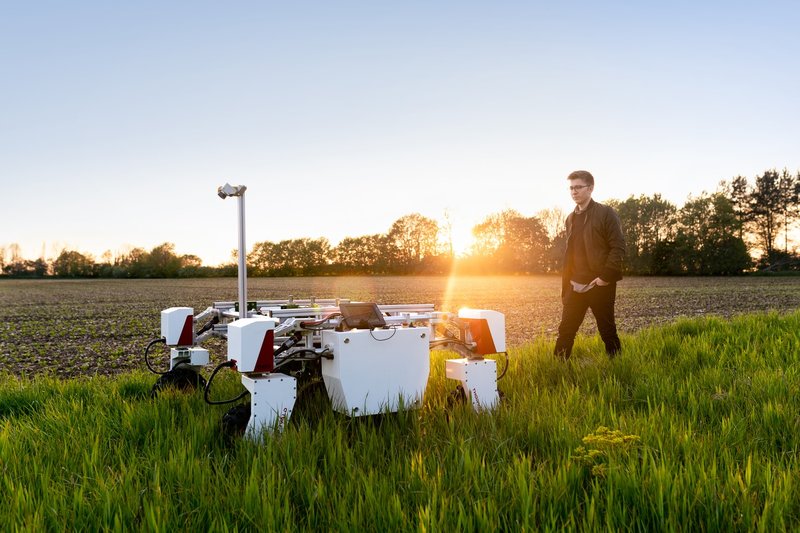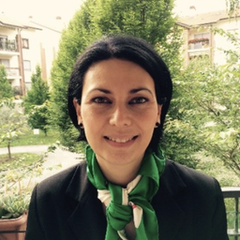

Article
The OPEN DEI Agri-food Ecosystem Brings Together Five H2020 Innovation Actions
The OPEN DEI [1] Agri-food Ecosystem currently brings together five H2020 Innovation Actions, funded under projects that include DEMETER, ATLAS, SMARTAGRIHUBS, agROBOfood and IoF2020 LSP (which is about to conclude) founded by EC (DG CNECT, DG AGRI ). In the past four years, IoF2020 developed and tested a pool of IoT components and solutions for demonstrating the central role of IoT in the digital transformation of European agriculture. This effort was tremendously successful.
IoF2020 demonstrated its value through actual implementations in trial use-cases that showed practical, real-life applications with the direct involvement of farmers. In this way, IoF2020 proved that Agriculture can be digitized, and that when technology providers and farmers collaborate, customized solutions can emerge to answer Agriculture’s need for ‘smart agriculture.’ This is an important lesson learned and an important legacy for the other Innovation Actions of the OPEN DEI Agri-food ecosystem that will continue to direct our path in the future.

Agri-food companies look at digitalization with many preconceptions. Not surprisingly, a recent study (FAO, 2020) showed that “the agri-food system lags other sectors in adopting digitalization.” However, the successful example of IoF2020, suggests that different strategies can help overcome scepticism and speed adoption as follows:
Sensitizing farms and food industries in Europe to the advantages of digitalization’s advantages and benefits through the “learn by example” method and supporting them in testing in field solutions customised to their specific needs and requirements—this is what is expected to be done by pilots/use cases/experiments of the ongoing ecosystem projects such as SAHs, ATLAS, DEMETER.
Providing farmers and the food industry with what they really ask for: solutions that are simple to install and manage and that give them the expected benefits in the short term. The Smart Agriculture market proposition must be based on a very strong model of enriched connectivity which envisages the development of end-to-end solutions to be proposed as software-as-a-service and which includes connectivity with a turnkey solution provider model.
Providing financial support to additional European start-ups/SMEs for carrying out new trials (see the Open Calls which most of the Innovation Actions financed, IoF2020 included, and will continue in 2021).
OPEN DEI considers pilot programs to be an important asset and it is therefore working to support its projects at different levels to reach their 3 goals.
First, we are developing an Innovation and Collaboration environment among projects (including e.g. a knowledge repository, a service platform and an enterprise social network) with the aim to create synergies and get access to relevant statistical data and latest news.
At the same time, through the mechanism of Working Groups and Task Forces, OPEN DEI intends to activate intra-domain and cross-domains discussions on common challenges for guaranteeing a mechanism of co-fertilization, co-sharing of experiences, lessons learnt and building of common added value.
Finally, OPEN DEI is providing methodologies and tools that cover the major steps of piloting activities in European Projects, with the ambition of creating a user-friendly dashboard to access the LSP relevant information, developing a reference framework and benchmarking environment to analyze their current practices on conducting pilots, and to maximize the reuse of lessons derived from the experience of past projects facing the same challenges. Here the role of Lighthouse project played by IOF2020 is of paramount importance to drive the discussion and harmonize the different contributions.
The experience gained from IoF2020 is priceless, let's invest that experience in our future and try to advance even further. OPEN DEI’s mission is to support Ecosystem projects in this challenge.
Stay tuned!

By Marianna Faraldi
and the Communication team of Open DEI